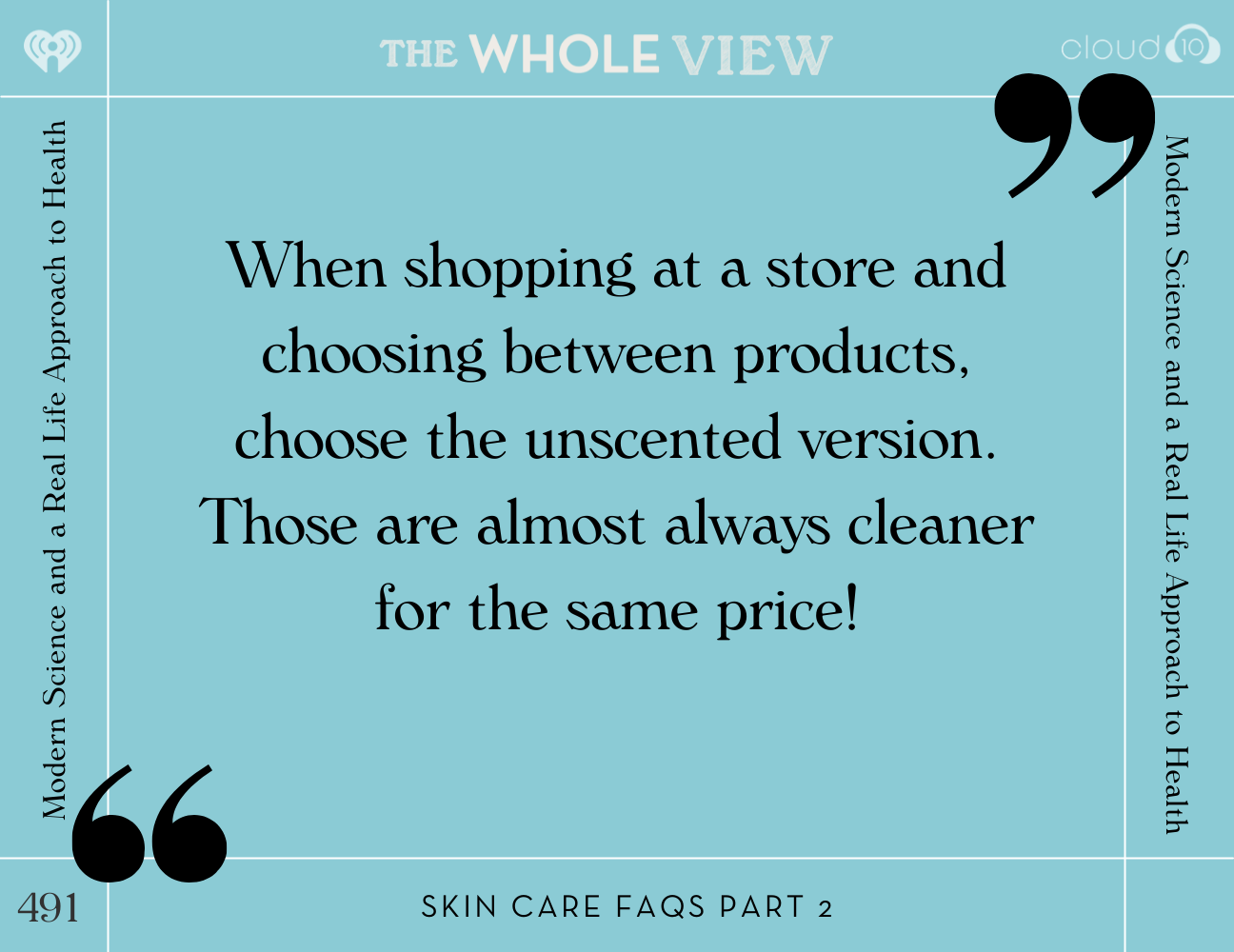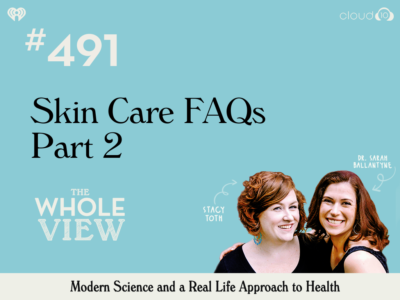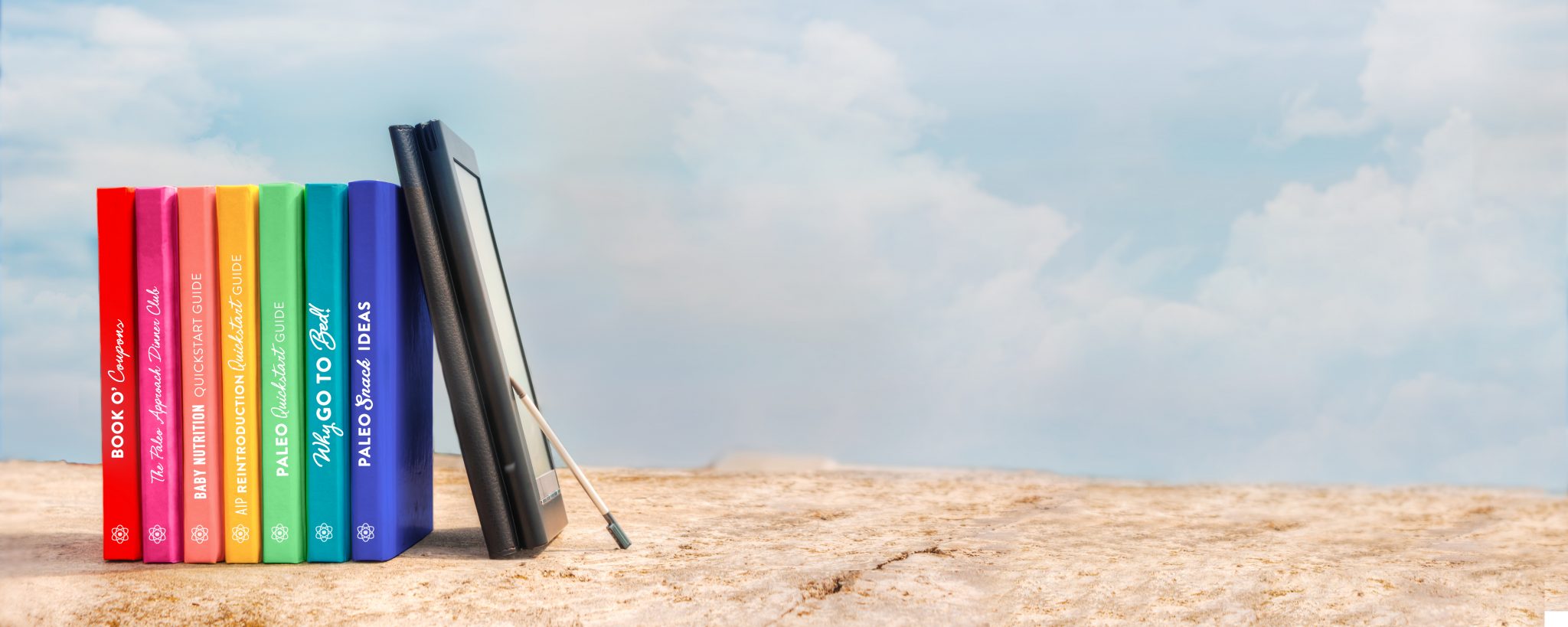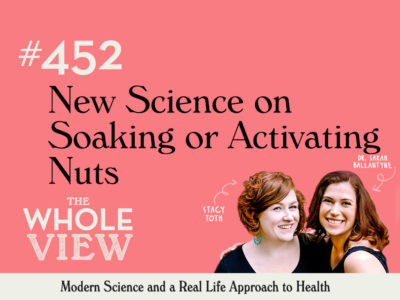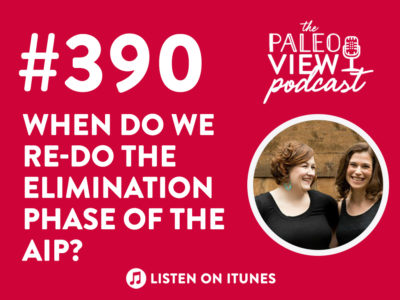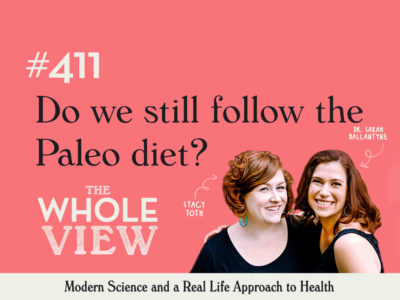This week on The Whole View podcast, Stacy takes the reins as our in-house skin-care expert and answers a bunch of listener questions! There are so many amazing questions, with equally fascinating answers, like what is the most economical and easiest way to switch your beauty products to cleaner options? Stacy dives deep into the science behind facial cleansers vs. cleansing oils and what to watch for when buying the store-bought brands. We discuss the difference between consuming certain ingredients (such as phytic acid) and putting them on our skin (spoiler: it is not the same mechanism and we don’t have to necessarily apply all digestion considerations to skin-care.
Table of Contents[Hide][Show]
We touch on a few other topics such as what is best for menopause skin-care routines, and what alternatives you can use if you might be sensitive to sunscreens. Stacy then addresses the common question of fragrance, or perfume as an ingredient in skin-care complete with links to petition your local governments to get rid of the “fragrance loophole” in legislation. Finally, Stacy and I both offer up our favorite self care and beauty products including brands such as: Rocky Mountain Soap Company, Henry Rose, Beauty Counter, Vegamore, and Morrocco Method.
If you enjoy the show, please review it on iTunes
Key Takeaways
- Stacy shares her expertise on skincare in this episode, answering ten listener questions and FAQ.
- Stacy’s top recommendation for buying safer products on a budget is to identify which products you use that are labeled red by the EWG (you can download the app and use it to scan labels!), and prioritize those. Typically the unscented version of a product will be safer than the scented version. And, you can download Stacy’s Target Clean Product Guide here.
- Stacy explains the difference between cleansing oil, cleansing balm, face washes, foaming washes, face bars, exfoliating washing and cleanser, including which one might work for which situation.
- Phytic acid has been well studied as a topical ingredient in skincare products and has proven benefits for hyperpigmentation and skin luminosity. It’s not an ingredient to worry about, even though we want to moderate dietary intake of phytic acid.
- The best products for healthy skin through menopause include vitamin C, hyaluronic acid and RetiNatural Complex (not retinol), which help to counteract the effects of reduced estrogen on skin health.
- The safest sunscreens use only titanium dioxide and zinc oxide for SPF. If you’re sensitive, try sunscreens with only one or the other to narrow in on which ingredient (or another ingredient in the product) might be the problem.
- Fragrance is an unregulated ingredient and a lot of problematic and harmful chemicals can sneak into products under this label. Studies have shown that fragrance ingredients are associated with a range of health problems, including: migraines, asthma and other respiratory difficulties, neurological symptoms, mucosal irritation, and contact dermatitis.
- Stacy and Dr. Sarah share some of their favorite products!
Recommended Reading and Listening
- TPV Podcast Episode 391: Non-Toxic Skincare FAQs
- TWV Podcast Episode 422: Banning Sneaky Toxins in Beauty Products
- TPV Podcast Episode 395: Personal Care Toxins
- TWV Podcast Episode 488: Treating Eczema Inside-Out and Outside-In
- TWV Podcast Episode 431: Troubleshooting Dry Winter Skin
- TPV Podcast Episode 344: Nutrients and Personal Care for Pre-teens and Acne-prone Skin
- TPV Podcast Episode 212, How to Heal Your Skin
- TPV Podcast, Episode 302: Is Blue Light Harmful and What Should I Do?
- TPV Podcast, Episode 301: Sunscreen, Sun Exposure & Sunburns
- TPV Podcast Episode 369: Let’s Talk About Menopause
Citations
Lephart ED. A review of the role of estrogen in dermal aging and facial attractiveness in women. J Cosmet Dermatol. 2018 Jun;17(3):282-288. doi: 10.1111/jocd.12508.
Steinemann A. Fragranced consumer products: exposures and effects from emissions. Air Qual Atmos Health. 2016;9(8):861-866. doi: 10.1007/s11869-016-0442-z.
